Updated Summer 2025
The time has come for change in the audiophile world. That’s why I’m launching a new publication called FutureAudiophile.com to deal with the problems at hand. My goal is simple to articulate but apparently not easy to pull off. I strive to bring a whole new group of younger and more diverse music lovers and fans of technology into the hobby of audiophilia. This is an aspirational goal to be accomplished over years. With your support and enthusiasm, we can find a new audience for the passion of high-fidelity audio reproduction.
There are, of course, any number of roadblocks to this goal and a lot of challenges we face. Let’s break them down into bite-sized chunks, one at a time.
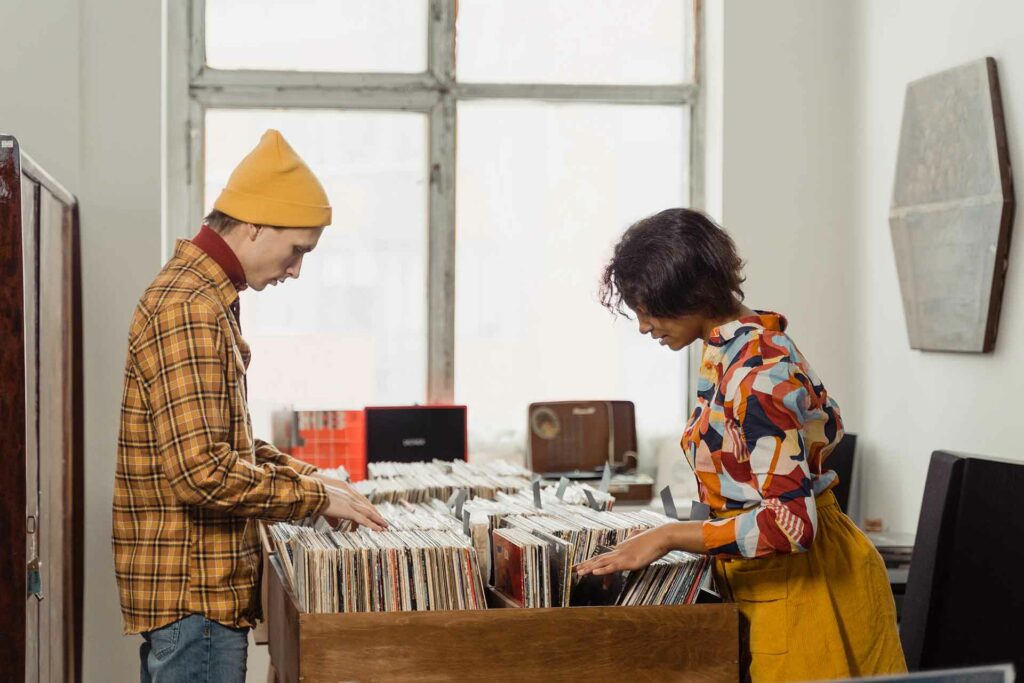
Issue No. 1: The Age of the Average Audiophile is Too High
The audiophile hobby was created by and curated for Baby Boomers. The hobby boomed in conjunction with the cultural (and musical) revolution of the late 1960s and didn’t lose much steam through the 1970s. In 1982, the Compact Disc was a technological revolution that paid dividends for decades to come. Today, for the cost of one CD per month you can have access to nearly every recording ever made at CD or higher quality. The groundwork has been laid for the hobby to move into the future. So why is it stuck in the past?
For about the last year, I have been asking industry people the following question:
“How many audiophiles do you know under 45 years old?”
The clubhouse record is 10… total. And that’s not anywhere near enough!
There’s nothing wrong with life-long, 60-something or 70-something men buying more and more expensive audio gear. Well, except for the fact that it just isn’t sustainable as a business model for much longer than another five to 10 years. Most older audiophiles acknowledge this fact. FutureAudiophile.com is dedicated to making the hobby more appealing to music-loving, tech-savvy young men and women.
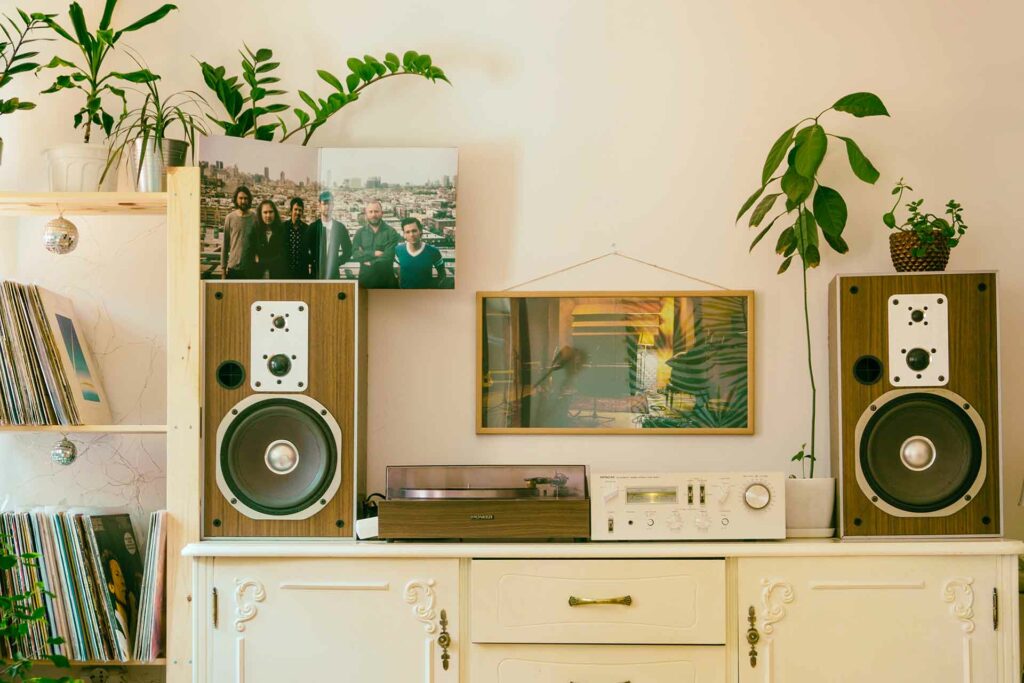
Issue No. 2: Pricier and More Esoteric Gear Isn’t Always Better Audiophile Gear
High-end gear has long been considered “better” in the audiophile hobby. And that is simply an indefensible notion these days. There are numerous companies that might not have the cachet that comes from pontificating reviews from The Elders at the (print) audiophile magazines, but who cares? This new crop of more affordable gear is notably good, and younger audiences can actually dream of affording some it.
There are mainstream brands that make simply incredible audiophile products today. There are “Chi-Fi” manufacturers blowing the doors off of prices and delivering “just recycle it when you are done with it” level products that younger audiences can actually afford. $139 DACs. $169 integrated amps. Mind-blowing.
To be clear: I am not saying that FutureAudiophile.com won’t review high-end gear—the aspirational stuff—but we are dedicated to audiophile value. That is in our DNA.
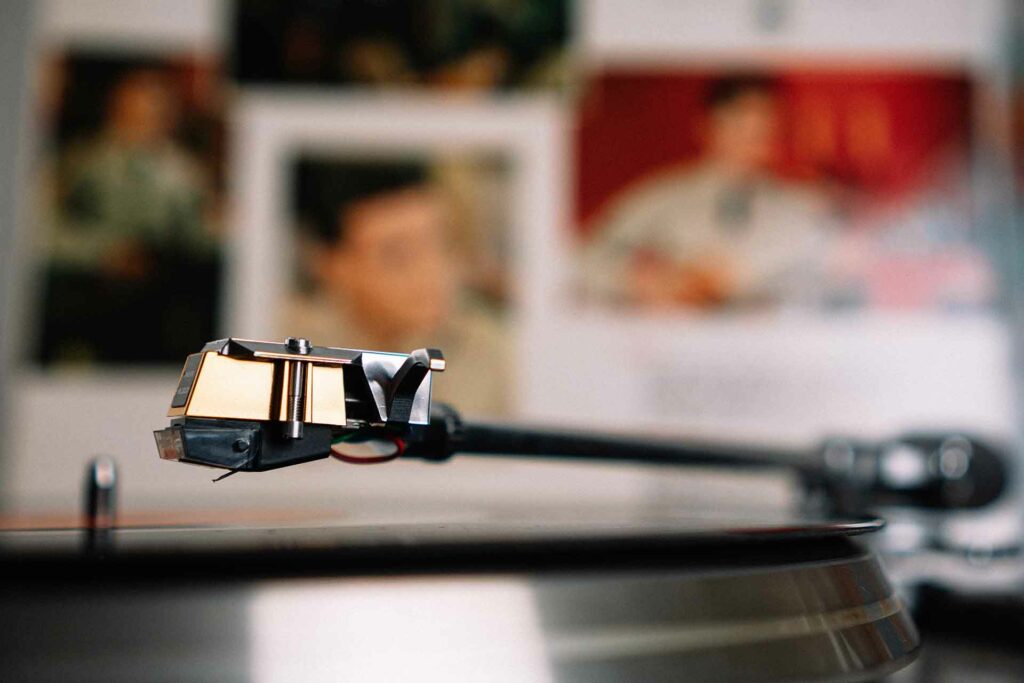
Issue No. 3: Today’s Audiophile Systems are Experience Machines
The cliché with Millennials and Generation Z is that they value experiences more than assets. While that may be true on a generic level, is an audiophile system not an experience in and of itself? For $1,000 you can have a full-range, highly respectable starter system that absolutely rocks. That’s a system that a younger person can realistically afford without skipping this year’s trip to Bonnaroo or Burning Man. At a $1,000, you can spin vinyl and stream high-res in a full-range system. There is plenty of time to grow and evolve such a system in time. We need a new type of enthusiast who is looking for an experience that they can afford. But the key word there is “experience,” and we need to sell it as such.
Issue No. 4: How to Explain the Audiophile Hobby in Terms Real People Can Understand
When I read audiophile print magazines these days, I am often dumbfounded by the ease of which that the authors throw around complex terms and just assume readers know what they’re talking about. The truth is, most don’t know that what digital “jitter” is. A simple link to a term definition or just taking a second to explain the technology goes a long way, and at FutureAudiophile.com we are already doing just that.
Issue No. 5: Ending Audiophile Voodoo and its Anti-Science Bias
I will never reveal the list, but there are plenty of companies not invited to be part of the FutureAudiophile.com experience. Snake-oil salespeople aren’t invited. Simply put, the next generation of audiophiles likely know more about the fundamental science behind audio reproduction than do the CEOs of many audiophile companies. They likely can’t understand why they need $35,000 speaker cables when a $500 receiver has room correction. They know you don’t need saw horses under ridiculously overpriced cables.
It is time to make the audiophile hobby appeal to a larger, more diverse audience.
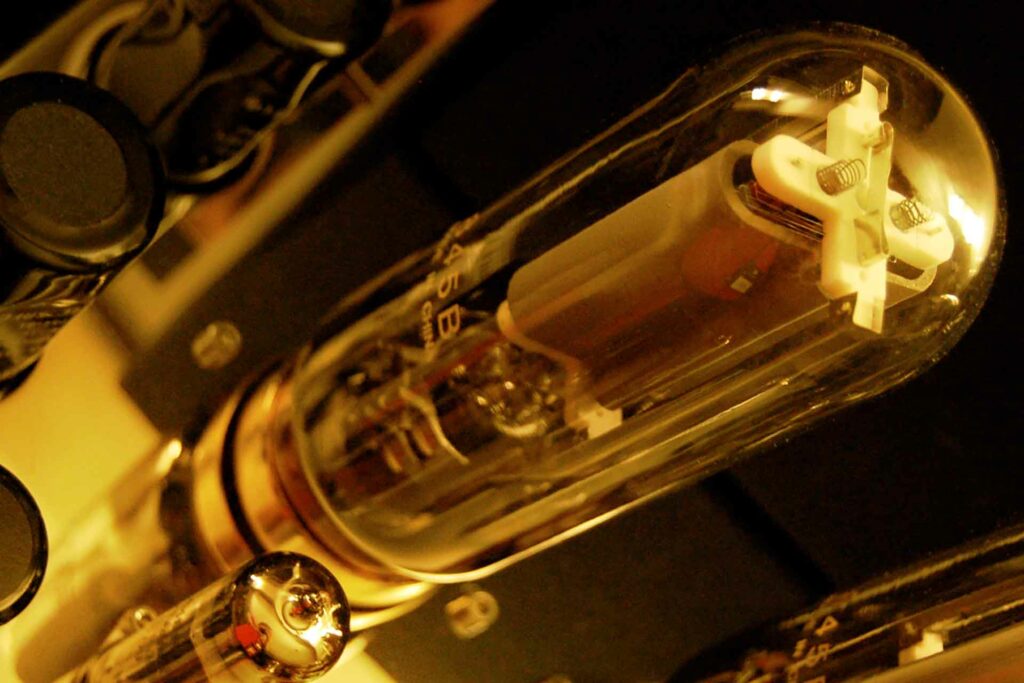
Since 2022, we’ve been working on a new editorial model at FutureAudiophile.com that we think is superior to what we’ve used in the past. Here’s what we’ve come up with:
- FutureAudiophile.com’s designed to be clean, quiet, and easy to read, even with an ad-based, non-subscription editorial model. No pop-up ads or promos. No Times Square-like flashing.
- We use bullet points so if you’re not interested in the current line of thinking, you can skip to the next without hunting too much.
- We use carefully written headers that ask the questions that readers are hopefully thinking/asking.
- We use bold text to aid you in speed-reading through our articles if you like.
- We offer video examples of our musical references that are rarely from super-obscure “audiophile” artists. Our musical references are the stuff we actually enjoy listening to. I tell my editorial staff on the scale of 1 to 100 in terms of musical cliché (Dark Side of the Moon, Aja, Brothers in Arms, and Hotel California are 100/100s, by the way) try to come in north of 50 and maybe closer to 66.
- We even use a technology that suggests how long it will take to read one of our articlessince we never want to waste your time.
- We want to be transparent with how our publishing business model works as we don’t charge our readers a penny to read our content. Hell, if you like what you are reading and want to buy something, click on an affiliate link and hook us up. We will love you for it and it gives us revenue to reinvest in our upcoming editorial without costing you an extra penny.
- We link to all sorts of sites to help you explore different threads in an article and we encourage you to click on them. They range from trusted news sites like The New York Times to reference sites like Wikipedia or perhaps a band’s official site. We want our readers to be able to dig in and spend some time with us or get what they want quickly and move on.
- I always have and always will respond to any and all of your questions. Email me and I will get back to you. I’ve got a 25-year track record for interacting with readers at this level.

Is It Hard To Reach Younger Audiophiles?
Without question, it is challenging to reach younger audiophiles. The hobby has been a “solo” type activity for a long time and with all due respect hasn’t historically been very inclusive. Factor in the often extreme cost on some of the better audiophile equipment in the marketplace today and there can be some serious barriers to entry for younger people but by no means is hope lost.
Here’s how attack the challenge of finding new audiophiles:
1. We do outreach that is demographically specific on social media. PPC and more.
2. Our staff is made up of a demographic that looks like what we hope the audiophile hobby will look like a decade from now. A good mix of OG “audiophile gangsters”, a few savvy Gen Xers who are starting to be able to invest in some of the bigger ticket gear, Millennials finding how audio works in some of their first homes and properties as well as even hearing from Gen Z as they graduate college and enter the work force.
3. When we ask younger audiophiles about their needs/wants and desires – they, without exception, tell us to focus on value. There are Oligarch level audiophile companies who won’t advertise or support us because of our focus on value. We are cool with that because without our readers – we are nothing.
4. We embrace new technologies when it is historically acceptable to fight anything new in the audiophile world. Digital room correction is a good thing. So is unlimited access to music in CD (and HD) resolution music for the cost of one Compact Disc per month. Class-D amps, CHI-FI. If it is new and cutting edge – we are on top of it and doing reviews.
5. Free (and lots of) content. Nobody needs another $5 a month charge on their credit card and we know that. In fact, FutureAudiophile.com puts out more content than any other audiophile publication today in terms of volume and we don’t see that changing any time soon.
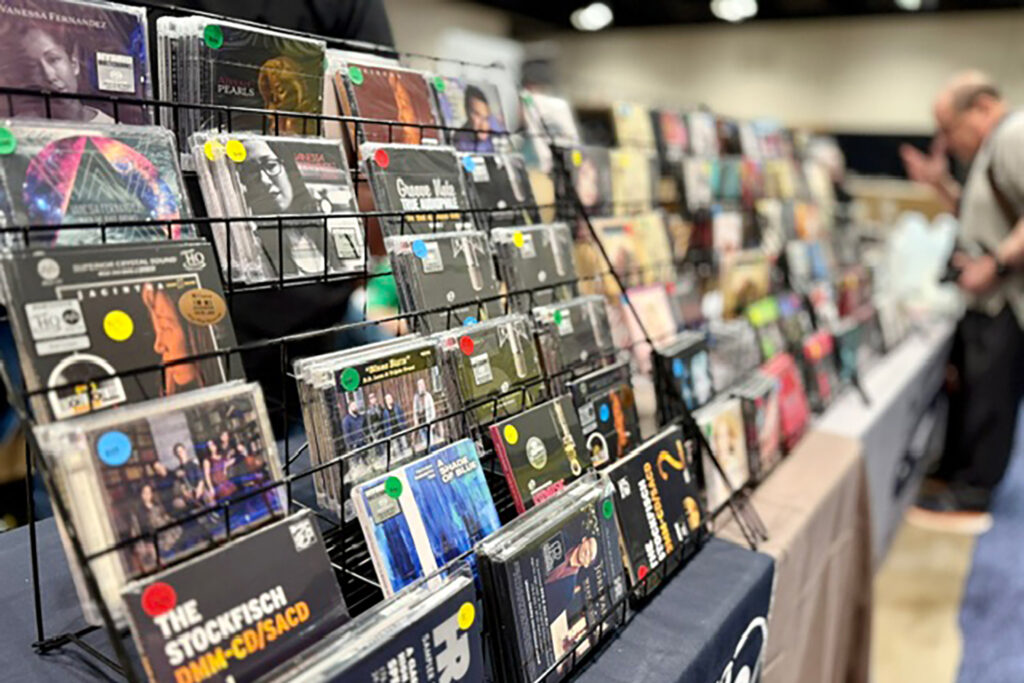
What Can You Do to Help Accomplish the FutureAudiophile.com Mission?
- Take a young person to a local stereo store or a regional audiophile show. Explain the hobby to him or her in terms that they understand. Talk about the health and stress benefits of listening to music.
- Tell your friends about FutureAudiophile.com.
- Follow us on Facebook.
- Follow us on Instagram.
- Comment on our reviews.
- Enter one of our sweepstakes so you can try to win one of our awesome prizes. Opt-in to our newsletter. Interact with our clients. Give them your opinion about their gear, what they should build, and more.
- Tell your local dealers and the companies that you buy AV gear from that you are into FutureAudiophile.com. We are brand new and not everybody knows about us. If you spread the word, you’re helping us out big time!’
- Link to us from your favorite audiophile website be it a forum, Reddit or wherever. Links help show Google people like our content.

Many Thanks are in Order
I’ve said it many times to the people who I stayed in contact with from the business: I never expected to be back to the audiophile hobby at any meaningful level. Many of these powerful industry icons thankfully ignored my protests and we kept talking about the change that is needed in the hobby and they encouraged me to put my team’s voice back out there for a good purpose.
There are a ton of people to thank…
I would like to thank my agent, Ari… and The Academy (wait, wait: I need to start over). Industry people like Mark Ormiston (former CEO of Definitive Audio in Washington State), Sandy Gross (co-founder of Polk Audio, Definitive Technology and GoldenEar Technology), Marc Finer (long time consultant for Sony and instrumental for launching the Compact Disc back in 1982), as well as Kevin Voecks (former executive at Harman—specifically Revel) and so many others in the AV industry: Walter Schofield (Stenheim, Infigo, Alta Audio) and Gary Yacoubian (SVS) in particular. Gene Dela Salla (publisher of Audioholics.com) has been a gem since the sale of my last publications and gave me a voice even while I was away. My editorial staff has been awesome too. Dennis Burger, Brian Kahn, Paul Wilson, John Marks and so many others have been a big part of the new editorial model. My wife, Krista and my two sons (yes, I got another one) Vincenzo and Giovanni couldn’t be more supportive. There are many others that I am forgetting, but I can hear the music coming up… Ethan Siegel, Matt Gaunci at Robinson + Cole, Steve Henry, Lee Heidel, Jim Noyd, Heather Negaard, Justin in the U.K, Daniel Foley…
Lastly, email me with your comments, suggestions, review requests, and overall feedback. With your help, we are going to make people’s lives better. We are going to lower their anxiety. We are going to promote fantastic art. This is just the start on this audiophile journey and you are going to be a big part of our pending success.




Hey Jerry – I know you from one of your previous LPG ventures and it’s good to see you taking on this new challenge.
I think one of the prevailing issues within the audiophile community is arrogance and I was surprised you didn’t list this as one of your roadblocks. I can’t count the number of less than hospitable responses I’ve received when posting on various forums over the years and I’ve had a number of unpleasant experiences visiting “high end” design and integrators as well. They often size you up at the door and, within minutes, decide you’re not worth their time.
If you’re not ready to plop down 20K on a complete room design, some places won’t even talk to you. I’m in my mid 50’s and have been into audio and home theater for over 20 years. While I could spend that 20K, I’m usually not going to as I am a do-it yourself type who just wants to buy specific gear and handle the installation/calibration myself.
You make some great points about the education level and expectations of todays 20 and 30 somethings. For them, I think the quality of the audio experience has given way to the portability of it. Younger people want to listen to music on their phones or other portable devices. They want access to their entire collection in the palm of their hand and are willing to sacrifice [largely perceived] quality in exchange for this.
Wish you well with this new adventure!
John
John,
Great to be back in touch with you and thanks for commenting.
As a team, we are moderating comments so that trolls can go elsewhere.
As for the arrogance in the industry, all I can say is the FIRST review on FutureAudiophile.com is a Chi-Fi $169 80-watt, balanced input, remote controlled integrated amp. That ain’t arrogant! 🙂
We need people like you to lend out a good pair of headphones to a 22 year old and let them fall in love with audio along with music. Bring some people over to your house and let them listen to your system with a nice glass of wine or scotch (or whatever) and experience what YOU AND I experience all of the time.
We can grow this thing. We can do it!
I’m in, better late than never, eh?
We are glad to have you on board!!!